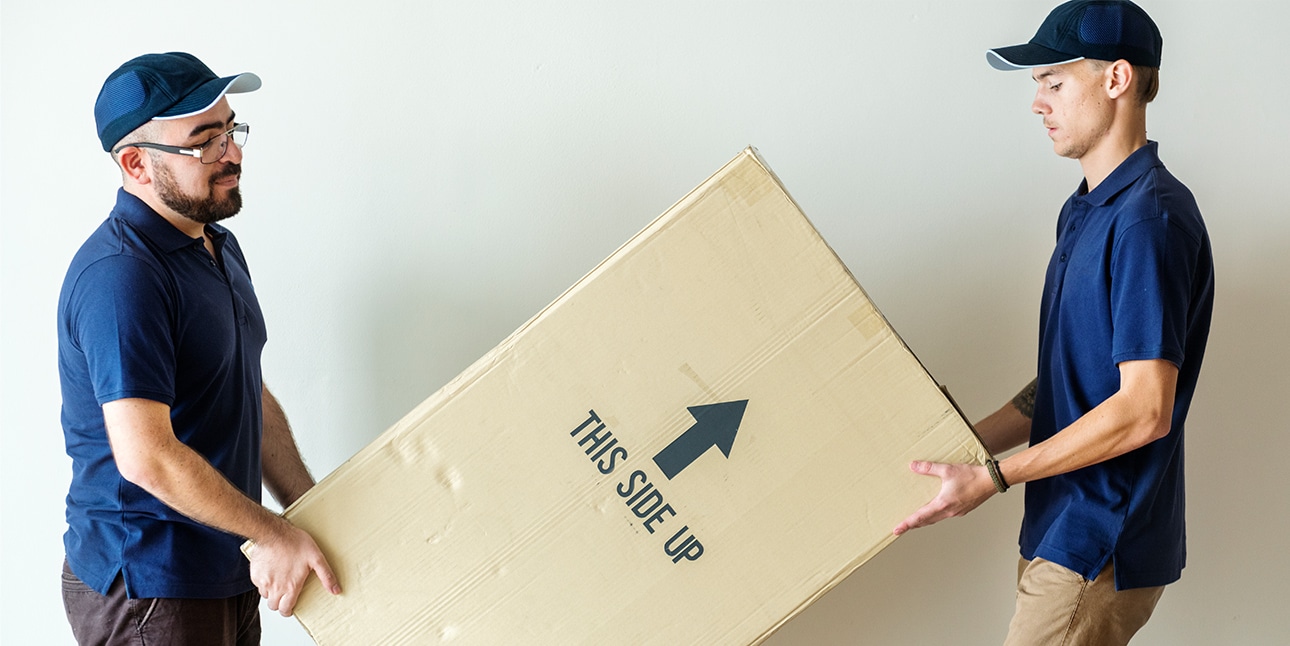If you are unable to resolve a financial dispute with your long-distance mover, federal law allows you to have your situation decided by a neutral arbitrator. The mover you select must furnish you with information about the company’s arbitration policy, including who administers the program and what it costs. Otherwise, your next move is civil claims court.
The first step in resolving your dispute with a mover is to file a claim. If you’ve documented your claim with log entries and photos, the moving company might settle your claim according to your contract terms. Your written claim for damages must be filed within 9 months of the event. Your mover has 30 days to acknowledge receipt of the claim. Once they receive your claim, the moving company has 120 days to deny your claim or make you a settlement offer.
“If you have paid the mover 110% of the non-binding estimate or 100% of the binding estimate and the mover fails to deliver your goods, they have violated the Federal regulations for the protection of household good shippers. You should file a complaint online or call 1-888-DOT-SAFT (1-888-368-7238),” says the Federal Motor Carrier Safety Administration.
Arbitration
If you refuse the moving company’s settlement offer, your only remaining options are to accept arbitration or take the case to civil claims court. Participants in binding arbitration agree to abide by the decision of the arbitrator. You carrier selects the arbitration firm.
Disputed loss and damage claims up to $10,000 require mandatory arbitration if you can’t agree to claims settlement with your carrier. If claims and damages amount to more than $10,000, it’s up to your carrier to decide whether to accept arbitration.
Your arbitrator must reach a conclusion within 60 days of hearing the dispute. You are required to share the cost of arbitration with your move, but you can’t be billed for more than half that cost.
Civil Court
If either you or your carrier don’t wish to participate in the arbitration program your carrier has chosen, your final option is to sue for damages in civil court.
“While the Federal Government maintains regulations governing the processing of loss and damage claims (49 CFR Part 370), it cannot resolve those claims. If you cannot settle a claim with the mover, you may file a civil action to recover your claim in court under 49 U.S.C. 14706,” says FMCSA.
You may obtain the name and address of the mover’s agent for service of legal process in your State by contacting FMCSA. You may also obtain the name of a process agent – a representative upon whom court papers may be presented – in your state for your carrier.
Finally, make sure to send your claim to your mover by certified mail. A little more proof never hurts.
